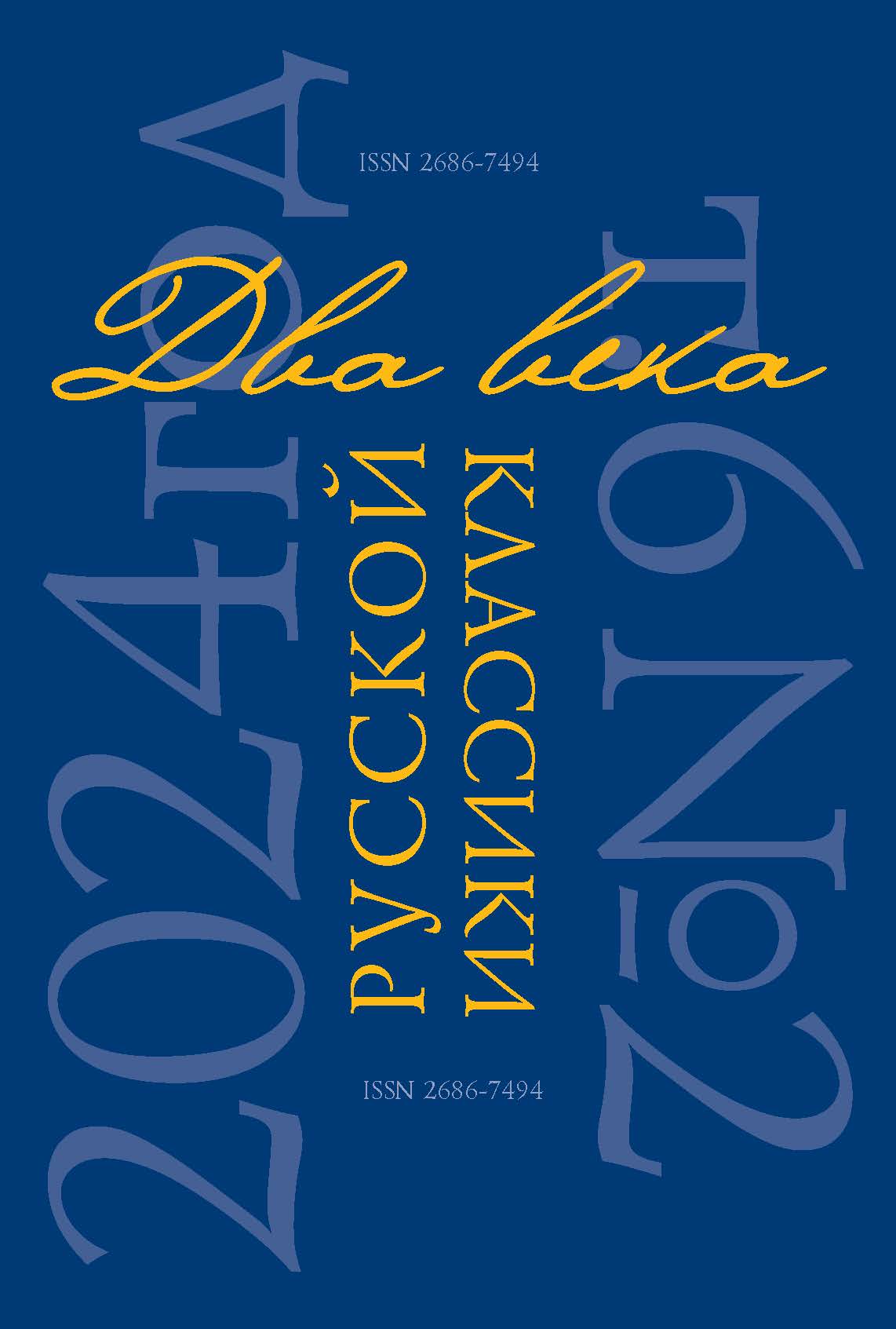Abstract:
In the article, the author turns to the Orthodox origins of Russian iterature and its connections with the patriotic traditions of Russian statehood. Using the example of classical works of Russian writers, the author explores the key issues of Russian civilization, the confrontation between the Orthodox Slavic world and the West, the religious meaning and vocation of art. The work notes the importance of the classics’ understanding of the process of Christianization of Russian life, their understanding of a possible crisis of faith and life in the event of the loss of real spiritual and moral guidelines by the overwhelming majority of citizens. The article notes the connection between Russian classics and the patristic heritage, emphasizes individual evangelical motifs in the texts of famous writers, and emphasizes the focus of classical works of Russian literature not on escaping the world, but on active service to humanity. The author of the article shares his observations on the texts of ancient Russian literature, which he is currently translating into Serbian.









